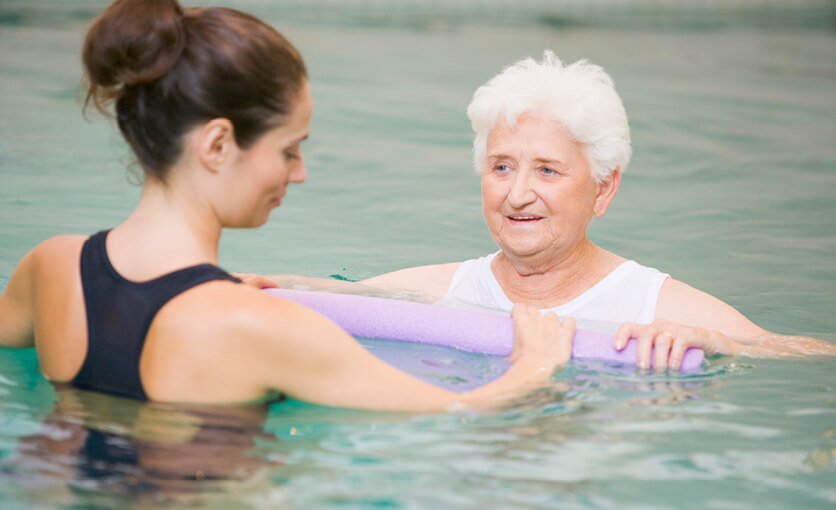- 02 Feb, 2024
After more than 30 years in clinical practice, this health leader shares his reasons for a ‘Yes’ vote
September 2023
Scott Willis is a proud Palawa man from Burnie, who has lived and worked in northern lutruwita/Tasmania for more than 30 years. He is the first Indigenous National President of the Australian Physiotherapy Association and a former Clinical Council Member of Primary Health Tasmania.




